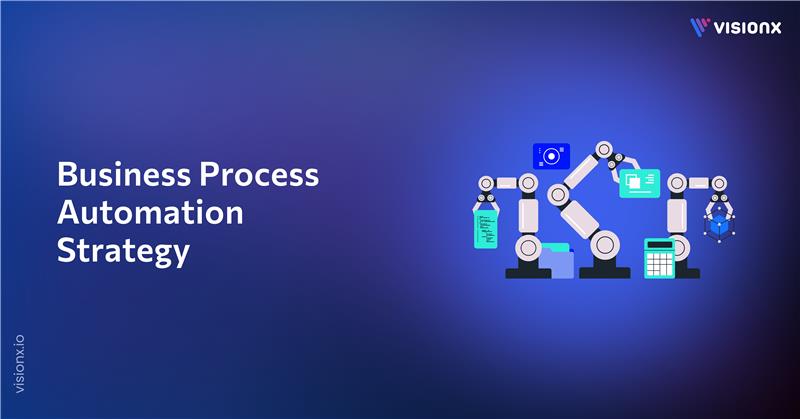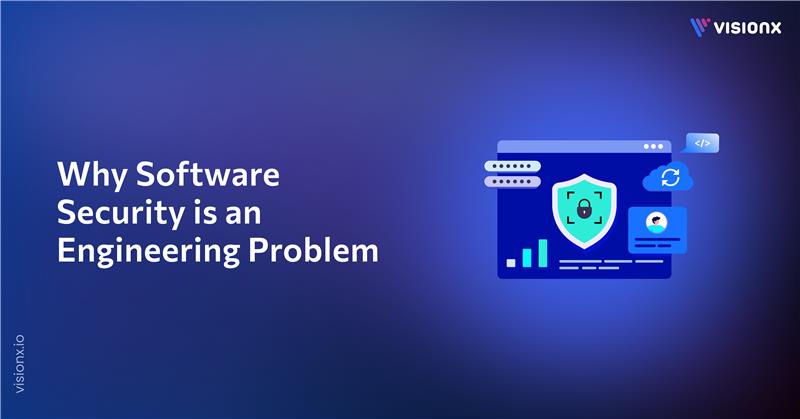In recent years, cloud computing has gained popularity across various businesses. The healthcare industry, in particular, has embraced this technology because it provides numerous advantages, including increased accessibility, scalability, and security.
In this article, we will examine the advantages of cloud computing in healthcare and provide some examples of how it is used in the business.
What is Cloud Computing?
Cloud Computing is a technology that allows users to access and store data and applications over the internet instead of a physical computer or server.
Instead of saving files and running programs on your computer, you can store and access them online through a service provider’s servers. This allows for greater flexibility, scalability, and accessibility.
This technology has become increasingly popular across various industries, including healthcare, due to its improved accessibility, scalability, and security.
Cloud Computing in Healthcare
Cloud Computing has become an increasingly popular technology in the healthcare industry. It offers several benefits, such as improved accessibility, scalability, and security.
With cloud computing, you can access and store data and applications over the internet instead of on a physical computer or server. This allows for greater flexibility and accessibility.
In healthcare, cloud computing is used for various purposes, such as storing patient data, sharing medical images, and providing telemedicine services. The technology is also used for research purposes to analyze large amounts of data and develop new treatments.
Some benefits of cloud computing in healthcare include reduced costs, improved data security, and increased collaboration among healthcare providers.
Additionally, cloud computing allows authorized personnel from any location to access patient data and medical records more easily. This can lead to quicker and more accurate diagnoses and ultimately improve patient outcomes.
As technology evolves, we can expect to see even more innovative uses of cloud computing in the healthcare industry.
Benefits of Cloud Computing in the Healthcare Industry
Cloud computing offers several benefits in the healthcare industry, including:
- Improved accessibility: With cloud computing, healthcare providers can access patient data and medical records from anywhere, anytime, using any device with an internet connection. This allows for more efficient and effective care delivery, especially in emergencies.
- Scalability: Cloud computing allows healthcare organizations to scale up or down their IT infrastructure as needed without costly hardware upgrades or maintenance. This helps healthcare providers to avoid overprovisioning and to reduce IT costs.
- Enhanced security: Cloud computing providers offer advanced security measures and data encryption to protect sensitive patient information and comply with regulatory requirements. This helps healthcare organizations to reduce the risk of data breaches and to ensure data privacy.
- Reduced costs: Cloud computing eliminates the need for healthcare providers to invest in costly hardware and software infrastructure, and ongoing maintenance and upgrades. This helps healthcare organizations to reduce their capital and operational expenses.
- Increased collaboration: Cloud computing enables healthcare providers to share patient data and medical records securely, collaborate on treatment plans, and consult with specialists and other healthcare professionals in real time. This helps to improve care coordination and patient outcomes.
Examples of Cloud Computing in the Healthcare Industry
Cloud computing has numerous applications in the healthcare industry. Below are a few examples of how cloud computing is used in healthcare:
1. Electronic Health Records (EHRs):
Cloud computing is a revolutionary technology that is transforming healthcare delivery in various ways. One of the most significant applications of cloud computing in healthcare is the storage and management of electronic health records. Healthcare providers can now store patient data on cloud servers instead of local servers, which has led to better patient care and outcomes. With cloud-based EHRs, healthcare providers can access patient records remotely and securely, which allows them to make informed decisions about patient care.
2. Medical Imaging:
Cloud computing stores and shares medical images like X-rays, CT scans, and MRIs. Healthcare providers can upload and share images securely with other healthcare providers, enabling them to collaborate and make more informed decisions about patient care. Cloud-based medical imaging enables healthcare providers to access images remotely, which can be especially useful in emergencies where a patient’s health is at risk.
3. Telemedicine:
Cloud computing has also revolutionized telemedicine services, such as remote consultations and virtual visits. Healthcare providers can now use cloud-based video conferencing tools to provide care to patients in remote locations, which can be especially useful in areas with limited access to healthcare. With cloud-based telemedicine, patients can receive care from the comfort of their homes, which saves time and money.
4. Clinical Research:
Cloud computing is also used in clinical research to store and analyze large amounts of data. Cloud-based platforms can collect and store patient data from multiple sources, enabling researchers to analyze the data and develop new treatments more quickly and efficiently. With cloud-based clinical research, researchers can collaborate and share data with other researchers worldwide and accelerate the development of new treatments and cures.
5. Medical Devices:
Cloud computing connects medical devices such as wearables and sensors to healthcare providers’ networks. This enables providers to monitor patients’ health remotely and in real-time, which can lead to more proactive and personalized care. With cloud-based medical devices, patients can receive personalized care and improve their health outcomes and quality of life.
The Future of Cloud Computing
Cloud computing has come a long way since its inception and is expected to continue evolving. It has transformed how organizations operate and become an essential part of many businesses’ IT infrastructure. Below are the future of cloud computing, including the latest trends and predictions.
-
Multi-Cloud Environments:
Multi-cloud environments will become the norm in the future. Organizations will use multiple cloud providers to spread their workloads across different platforms. This will help to avoid vendor lock-in, reduce downtime, and improve resiliency. Multi-cloud environments will also enable organizations to utilize different cloud providers’ unique features and capabilities.
-
Edge Computing:
Edge computing is a growing trend in cloud computing. It involves processing data closer to the source, such as IoT devices, instead of sending it to a centralized cloud. This reduces latency, improves performance, and enables real-time decision-making. Edge computing will become more prevalent as the number of IoT devices increases.
-
Serverless Computing:
Serverless computing is a model where the cloud provider manages the infrastructure and automatically provisions resources as needed. This eliminates the need to manage servers and reduces costs. Serverless computing will become more popular in the future as organizations look to reduce their IT overheads.
-
Artificial Intelligence and Machine Learning:
Artificial intelligence (AI) and machine learning (ML) will continue to be a driving force behind the development of cloud computing. Cloud providers offer AI and Machine Learning services, such as image recognition and natural language processing. In the future, AI and ML will become more sophisticated, and cloud providers will offer more advanced services.
-
Blockchain:
Blockchain is a distributed ledger technology that enables secure and transparent transactions. It has the potential to transform the way data is stored and managed in the cloud. In the future, blockchain will become more prevalent in cloud computing and be used to enhance security, privacy, and transparency.
-
Hybrid Cloud:
A hybrid cloud is a model in which organizations use a combination of public and private cloud services. It offers the benefits of both models, including scalability, flexibility, and cost-effectiveness. Hybrid clouds will become more popular in the future as organizations look to balance their IT infrastructure between on-premises and cloud-based solutions.
-
Quantum Computing:
Quantum computing is a new computing paradigm that promises to revolutionize computing. It is still in its early stages, but it has the potential to solve complex problems that are beyond the capabilities of classical computers. In the future, quantum computing will become more prevalent in cloud computing and will be used to solve complex problems in finance, healthcare, and logistics.
Conclusion
In conclusion, cloud computing has become a game-changer for the healthcare industry. It offers numerous benefits, including improved accessibility, scalability, security, reduced costs, and increased collaboration among healthcare providers.
Cloud computing allows healthcare providers to store and access patient data and medical records securely from anywhere, anytime, using any device with an internet connection.
As technology continues to advance, we can expect to see even more innovative uses of cloud computing in the healthcare industry in the future.
Organizations that embrace cloud computing will benefit from increased agility, scalability, and cost savings and be better positioned to compete in a rapidly changing business environment.


